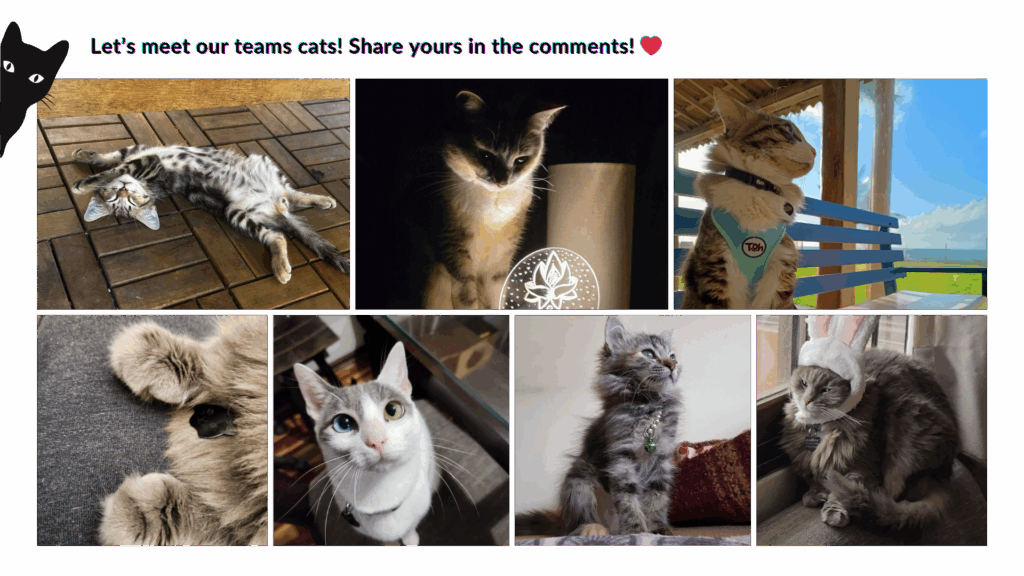Celebrating International Cat Day: How Feline Friends Can Help Interpreters Unwind
August 8th is International Cat Day, a purr-fect opportunity to celebrate our feline companions and the joy they bring to our lives.
At Homeland Language Services, we recognize the demanding nature of interpretation work—long hours, high-stakes situations, and the mental fatigue that can come with it. That’s why today, we’re highlighting how cats (and pets in general) can be a source of comfort and stress relief for interpreters.
Why Cats Are Great Companions for Interpreters
Interpretation is a rewarding but mentally taxing profession. Whether in healthcare, legal, or community settings, interpreters carry the responsibility of bridging communication gaps in critical moments. The emotional weight of this work makes self-care essential—and cats can play a surprising role in helping interpreters unwind.
Research shows that interacting with pets, especially cats, lowers cortisol levels (the stress hormone) while boosting serotonin and dopamine, the body’s natural mood enhancers (NIH News in Health, 2018). Simply petting a cat can slow your heart rate and promote relaxation, making them ideal companions after a draining interpreting session.
Cats also provide a sense of routine and mindfulness. Their predictable habits—morning cuddles, evening playtime—help create structure, encouraging interpreters to step away from work and recharge. Taking a break to play with or even just watch your cat can serve as a mental reset.
One of the greatest gifts cats offer is unconditional companionship without demands. Unlike human interactions, cats don’t judge a bad day or a difficult assignment—they simply provide quiet comfort. This can be especially soothing after emotionally challenging interpretation work.
Another fascinating benefit is the healing power of a cat’s purr. Studies suggest that the vibrations of a purr (20-140 Hz) may aid in pain relief and stress reduction (PMC, NIH, 2023). After hours of intense focus, the soothing sound of a purring cat can be a natural way to decompress.
Pets and Mental Health in High-Stress Professions
Interpreters often face vicarious trauma, mental fatigue, and isolation, particularly in remote work settings. Pets can help by offering emotional support, encouraging light physical activity, and providing a healthy distraction from work-related stress.
At Homeland Language Services, we care about the well-being of our interpreters. This International Cat Day, we encourage you to take a moment for yourself—whether with a cat, another pet, or an activity that brings you peace.
Happy International Cat Day! 🐾


